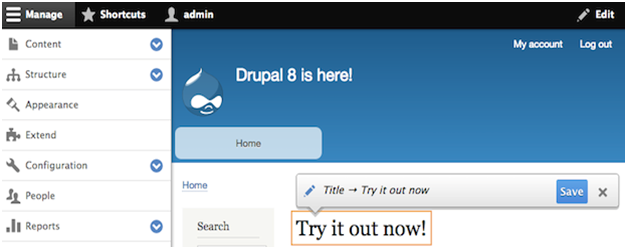
When using Drupal to build your digital experiences, it can be tempting to try out lots of things to customise this open source platform to your needs – after all, it’s free, isn’t it? Here are some ideas you could start with that have been tried and recommended by other Drupal developers, because starting from scratch isn’t always the best idea.
Turn on caching and CSS and JavaScript aggregation
You’ll most likely disable CSS and JavaScript aggregation and turn off the caches when you develop locally, so that you can more easily see changes when you make them. Do make sure they are enabled on the live site, because Drupal has some powerful performance related settings that improve the speed of your site. Page caching and compression for anonymous users and CSS and JavaScript aggregation are two of the most useful.
Image Credit
Disable development modules in production
Ensure security by disabling the Devel module when you’re pushing changes to your live site. You’ll benefit from enabling it when you’re working locally to develop or debug your site, and error reporting will most likely also be turned on, so you can see what’s happening. But disabling the printing of errors on a live site is important, because it is user friendly and gives you some security by obscurity. Refer back to the Drupal site for more tips like this.
Use Drush for updating and installing modules
Drush is a fantastic shell interface for managing Drupal right from your command line. It is a very useful tool, helping you to complete various admin tasks using just one or two commands in the terminal, replacing the need for many clicks and page refreshes in the UI.
Keep regular backups
If the worst should ever happen, have a recent version of your site that you can use as a backup to revert to.
By contracting a Drupal Design Agency such as Website Express https://www.website-express.co.uk/service/drupal-design-development-agency, you can leave the backups to them, with the assurance that everything is in safe hands.
Use Git to store your code
Keep track of your code versions using a system such as Git, as it can help you develop or contribute to Drupal modules and themes and deploy code quickly and easily between your environments by using it as your central repository.

